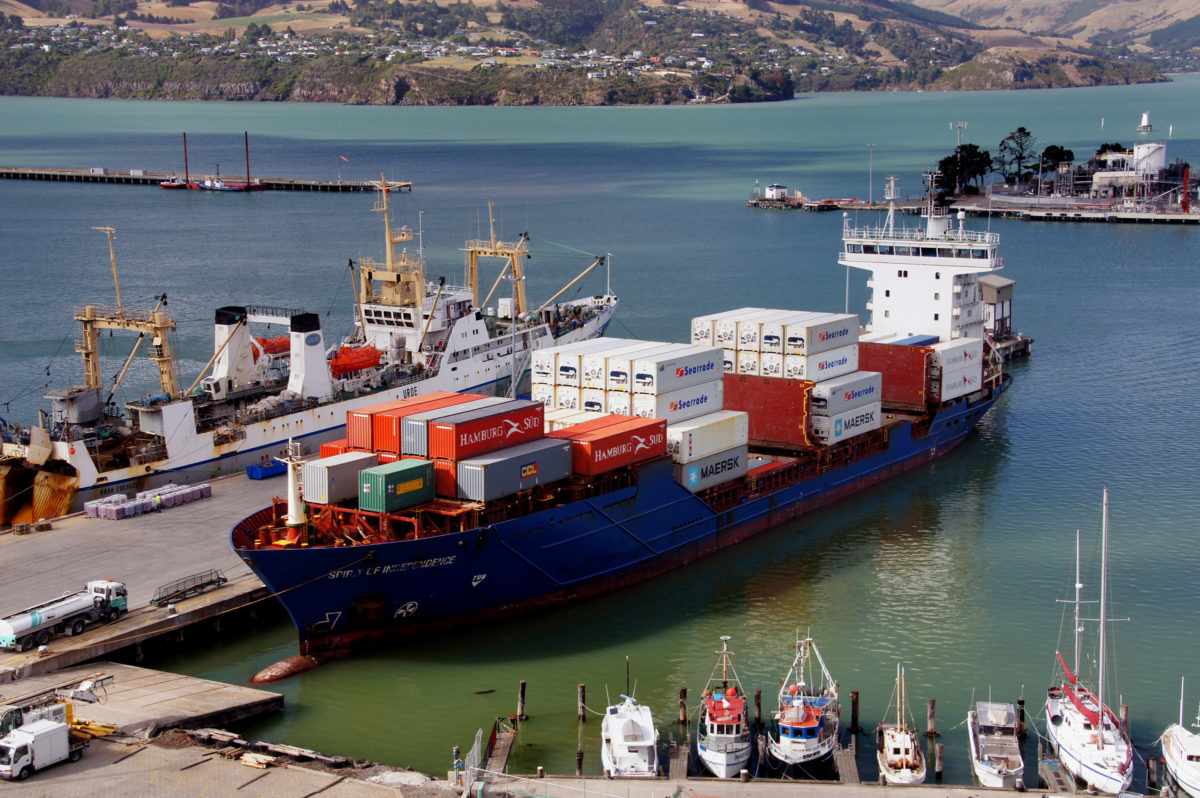The fact Chinese manufacturers of the metal silicon used in solar grade polysilicon will have no relief from the trade sanctions imposed on their product in Canada is likely to be no more than an irritation if the volumes quoted by the Canadian complainant in the trade case were anywhere near accurate.
Having successfully persuaded the Canadian authorities to impose steepling anti-dumping and countervailing duties on Chinese-made metal silicon – which is also used to make aluminum – in November 2013, British-owned Canadian manufacturer Quebec Silicon Limited Partnership last week persuaded the Canadian International Trade Tribunal (CITT) to extend the measures for another five years.
Quebec Silicon and sister company QSIP Canada ULC told CITT tribunal members in June, the overcapacity present in Chinese metal silicon production was more than 100 times bigger than the Canadian market for the product and Chinese exports of the material between 2016 and 2018 were more than 26 times larger than demand in Canada.
Canadian importer of the product Rio Tinto Alcan, which opposed an extension of the trade sanctions, said those estimates included several dismantled and closed furnaces.
German polysilicon manufacturer Wacker Chemie AG, an ‘interested party’ at the hearing, also disputed the estimates. Oliver Majumdar, senior manager for global trade affairs and core products at Wacker’s Silicones business, told the tribunal much of the Chinese production capacity was based in landlocked Xinjiang and would be intended for Chinese or Middle Eastern customers due to lower overland transport costs.
Vast oversupply
Despite accepting the Chinese production figures may have been exaggerated, during the hearing held from June 10-12, the CITT panel was persuaded lifting anti-dumping duties of 47-235% and countervailing measures of RMB1,460-1,945/MT (CAN$271.75-362.03) would injure Quebec Silicon, Canada’s only metal silicon producer.
The panel stated “Chinese demand [for metal silicon] is, and is projected to remain well below Chinese production over the next 12-24 months”. Adding the gap would be “vastly below” production output, the CITT tribunal members said demand for the product in Japan, South Korea, Taipei, Indonesia, Thailand, Malaysia, the Middle East, Africa, Turkey, Mexico and Argentina would still not be enough to address predicted oversupply.
Rio Tinto Alcan told the tribunal it intended to keep buying metal silicon from Quebec Silicon if the trade measures were lifted. Jéssica Verdini, category manager for alloys procurement at the metals company, told the panel Rio Tinto Alcan would face reputational damage if it procured products from Xinjiang, in a reference to international media reports the Chinese authorities operate “re-education camps” for ethnic Muslim Uygurs in the province. It is a claim denied by Beijing, and the tribunal pointed out Rio Tinto could obtain metal silicon from elsewhere in China.
Wacker has an interest
More damning was the claim that Alcoa, Quebec Silicon’s other main customer in Canada, had attempted to insert a clause into a recent procurement deal signed with the Bécancour-based manufacturer allowing for renegotiation of metal silicon prices in the event the trade tariffs were lifted.
The tribunal members found expiry of the sanctions would cause material harm and they will now be extended five years to stay in step with the EU – which applies anti-dumping duties on Chinese metal silicon – and with Australia, which has anti-dumping and countervailing duties in place.
Quebec Silicon and QSIP Canada parent company – London-based Ferroglobe plc – on Friday welcomed the ruling, a day after it was made public. Chief executive Pedro Larrea said: “This decision by the CITT preserves our investments and better enables our workers to enjoy a stable work environment and fair wages. It is important that Ferroglobe continues to evaluate and pursue such trade cases to ensure that we compete with foreign producers on a level playing field.
“We appreciate the dedicated work of the Canadian trade authorities and look forward to working with our Canadian customers and supporting their growth.” Ferroglobe owns 50.9% of the two businesses and Dow Chemical Canada holds a 49% stake and is entitled to take up to 49% of Quebec Silicon’s ouput.
Wacker, together with Wacker Chemicals Norway AS, successfully resisted a challenge from Quebec Silicon to its right to be present as an interested party in the case. The Canadian company said Wacker neither manufactured the product in China nor exported to Canada, had failed to complete a questionnaire sent by the CITT and had no financial interest in the case.
However, the tribunal accepted Wacker’s case that it had been involved with the original trade measures decision as a previous customer of Quebec Silicon and could offer insights into the global metal silicon market.
This content is protected by copyright and may not be reused. If you want to cooperate with us and would like to reuse some of our content, please contact: editors@pv-magazine.com.




By submitting this form you agree to pv magazine using your data for the purposes of publishing your comment.
Your personal data will only be disclosed or otherwise transmitted to third parties for the purposes of spam filtering or if this is necessary for technical maintenance of the website. Any other transfer to third parties will not take place unless this is justified on the basis of applicable data protection regulations or if pv magazine is legally obliged to do so.
You may revoke this consent at any time with effect for the future, in which case your personal data will be deleted immediately. Otherwise, your data will be deleted if pv magazine has processed your request or the purpose of data storage is fulfilled.
Further information on data privacy can be found in our Data Protection Policy.